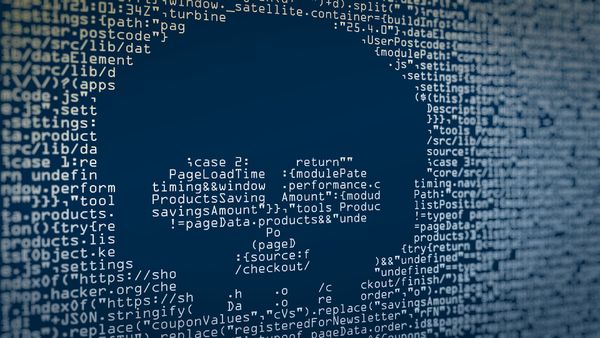Lazarus Group Leverages Zero-Day Vulnerability in Supply Chain Attack

The National Cyber Security Center (NCSC) and Korea's National Intelligence Service (NIS) have jointly issued a warning about a sophisticated cyberattack executed by the North Korea-linked Lazarus hacking group.
The attack utilized a zero-day vulnerability in MagicLine4NX software, commonly used for digital authentication and transactions.
Exploiting Software Vulnerabilities
As outlined in the joint advisory, "In March 2023, cyber actors used the software vulnerabilities of security authentication and network-linked systems in series to gain unauthorized access to the intranet of a target organization."
The attackers initially exploited a vulnerability in the MagicLine4NX security authentication program, often integrated with applications such as web browsers, file explorers and email clients. This initial breach allowed them to move laterally within the network, exploiting a zero-day vulnerability to access sensitive information.
Watering Hole Attack Strategy
The Lazarus Group's strategy involved a watering hole attack, where they infected the website of a popular media outlet and injected malicious scripts into an article.
This method narrowed the attack down to specific victims, targeting users within certain IP ranges who used the vulnerable versions of MagicLine4NX software.
Upon visiting the compromised website, the victim's computer would connect to the attacker's command and control (C2) server, facilitating further infiltration and data theft.
Global Implications with Focus on South Korea
While the attack had global implications, it primarily targeted South Korean organizations. The Lazarus Group is known for its aggressive cyber tactics, including high-profile crypto attacks and attempts to infiltrate developer accounts on platforms like GitHub.
Individuals potentially harmed
In our digital era, the lines between corporate cybersecurity threats and those facing individual users at home are increasingly blurred. Lazarus Group's recent attack isn't just a wake-up call for businesses; it's a stark reminder for individuals as well.
Consider how deeply integrated such software is with the tools we use daily — from our web browsers to email apps. This isn't just an abstract threat for large organizations; it's a real and present danger for anyone with a digital footprint.
We're all part of an interconnected digital ecosystem, and vigilance is key — not just in the boardroom, but also in our living rooms.
Consumer Protection Recommendations
To safeguard against such threats, users must maintain robust cyber hygiene, regularly update software to patch vulnerabilities, employ dedicated security software such as Bitdefender Ultimate Security, and stay vigilant about social engineering tactics.
Awareness and proactive security measures can significantly reduce the risk posed by groups like Lazarus, even with their sophisticated attack methods.
tags
Author

Vlad's love for technology and writing created rich soil for his interest in cybersecurity to sprout into a full-on passion. Before becoming a Security Analyst, he covered tech and security topics.
View all postsRight now Top posts
How to Protect Your WhatsApp from Hackers and Scammers – 8 Key Settings and Best Practices
April 03, 2025
Outpacing Cyberthreats: Bitdefender Together with Scuderia Ferrari HP in 2025
March 12, 2025
Streamjacking Scams On YouTube Leverage CS2 Pro Player Championships to Defraud Gamers
February 20, 2025
How to Identify and Protect Yourself from Gaming Laptop Scams
February 11, 2025
FOLLOW US ON SOCIAL MEDIA
You might also like
Bookmarks








